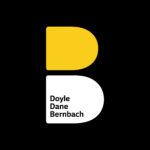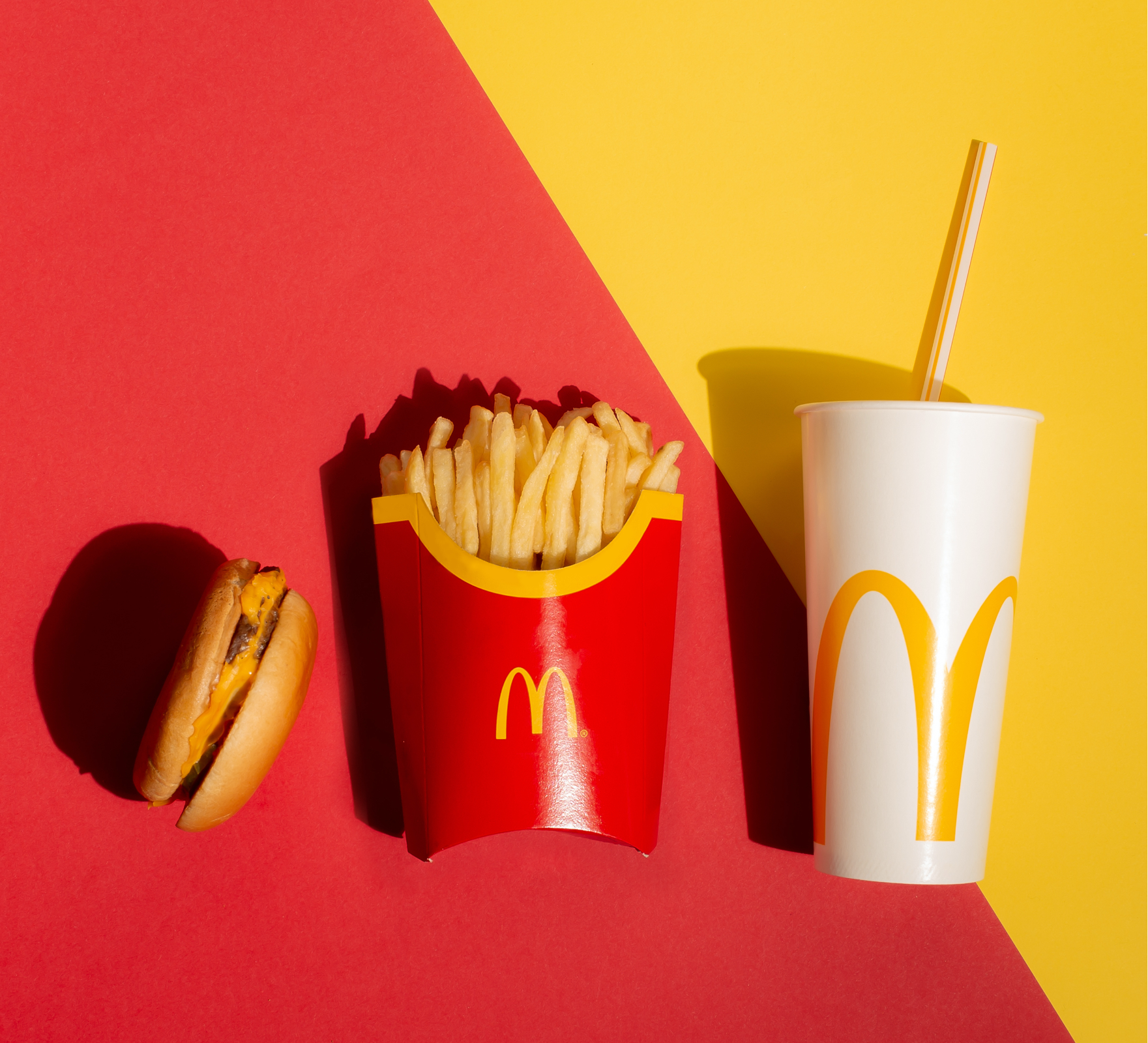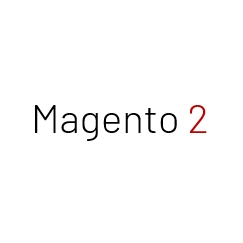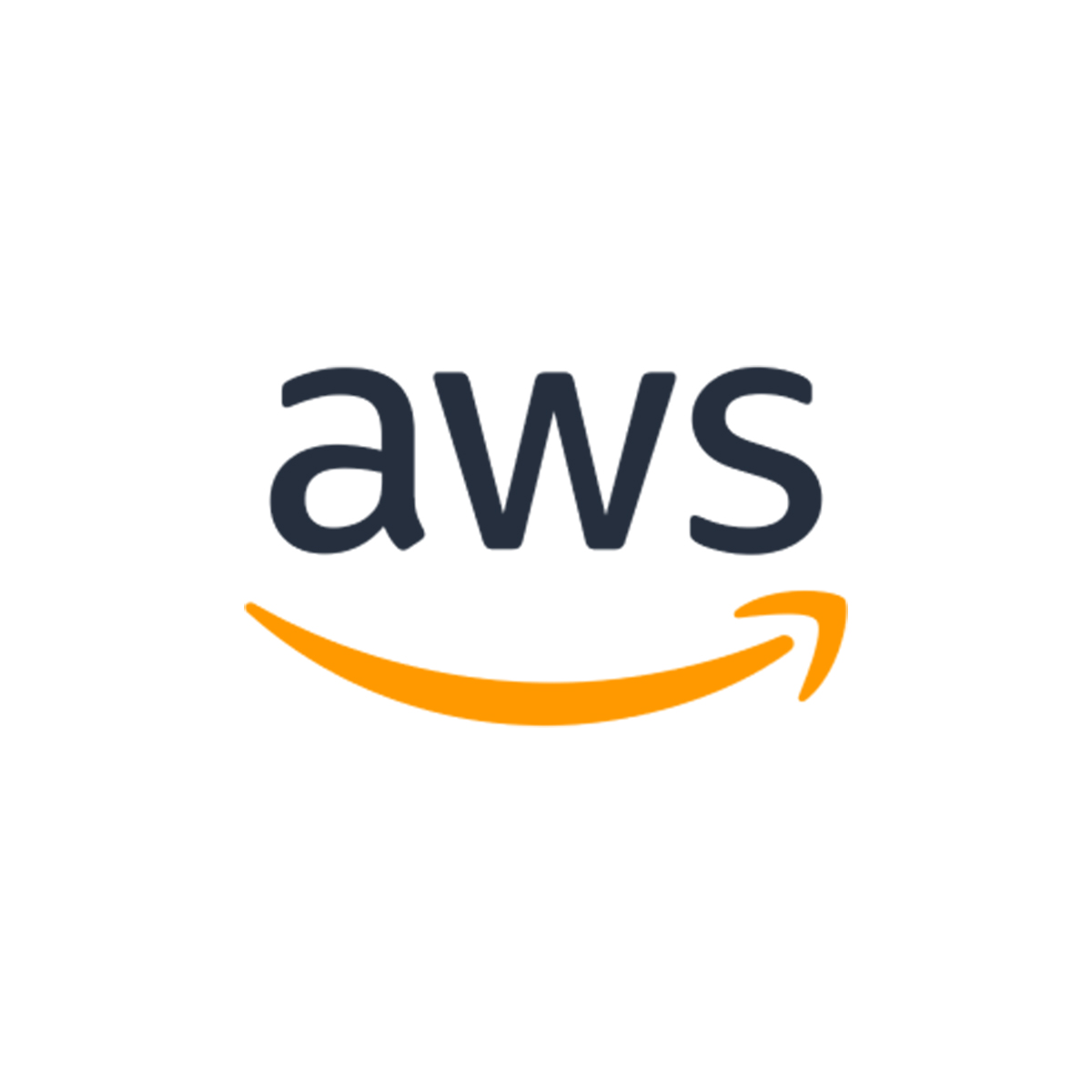
Solution:
B2B E‑Commerce
Industry:
FMCG
Increasing Orders by 62% for Printing & Advertising

The Challenge
McDonald’s has been present on the Polish market since 1992 and has maintained a high growth rate for years. Currently, there are 445 restaurants in over one hundred and fifty Polish towns and cities. The organization is one of the biggest employers in Poland, with over 22,500 people. 80% of the restaurants of the Polish
McDonald’s chain are licensed restaurants, i.e. run by independent entrepreneurs, of which there are currently 72. Each licensee of McDonald’s is an independent entrepreneur, running his or her own restaurant under the McDonald’s system. By investing their own financial resources, such a person benefits both from the system created by the corporation and their experience.
- The aim of the project was to launch a new B2B platform integrated with the Comarch ERP XL system, used by owners of McDonald’s restaurants in Poland to carry out orders for promotional and printing materials.
- Integration with the warehouse system.
- Introduction of customer categorization with the possibility of editing.
- All changes in the warehouse should be quickly visible from the store level.
- Implementation of a new design.
- Integration with the dispatch module.
- Optimization of the order and customer service process.
- Different units of measurement available – pieces and sets – for respective products.

The Solution
- The project was divided into three stages: consulting project, functional analysis (Sprint 0), implementation.
- The consulting project, during which Univio’s expert participated in ERP system implementation workshops and was involved in developing a concept relating to the integration of contractors and products, as well as the method of transferring order data between the systems.
- We conducted also functional analysis (Sprint 0), which resulted in a summary documentation of requirements and subsequently translated into a list of things to do (backlog).
- The implementation of the platform took place iteratively and was based on an agile methodology.
- We chose Magento due to the client’s functional requirements for the project, as well as specific conditions related to system integrations.
- We built a mechanism for presenting offers in a selective matter, depending on the attributes / properties of each product and the respective contractor.
- We adjusted the RMA module (allowing for returns and complaints management) to the customer’s expectations – extending the module with the possibility of submitting complaints on products and services ordered offline.
- We prepared a dedicated purchasing path tailored to the specificity of the industry.






